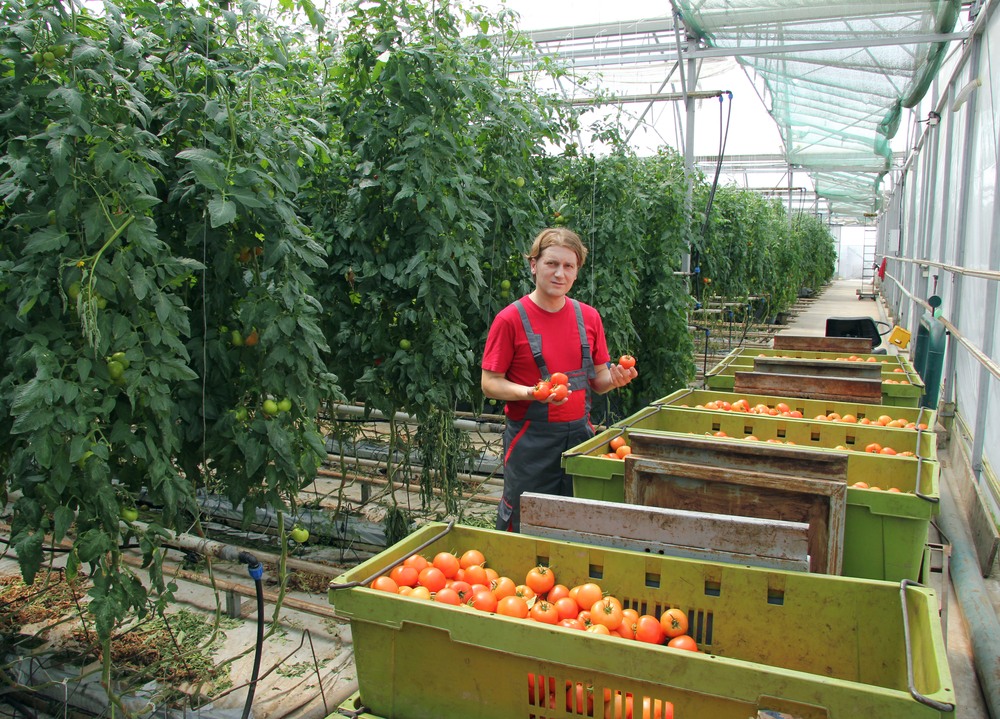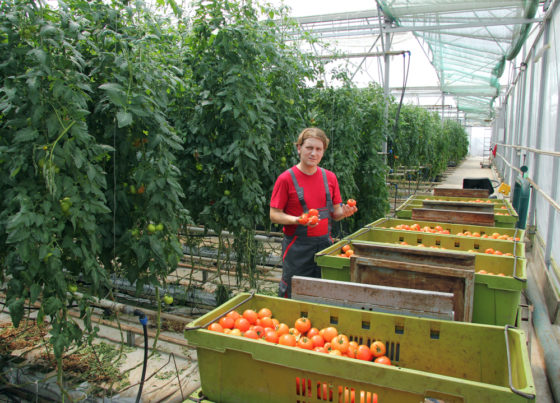Companies are illegally testing workers for drugs, addiction an issue for seasonal workers


Hundreds of companies in the Netherlands are illegally testing their workers – often from Eastern Europe – for drugs use, according to research by investigative journalism platform Investico.
By law, only drivers, skippers, train drivers and pilots can be tested for drugs, and the tests must be carried out by a doctor and the results kept secret. However, many companies are not sticking to the law, and using security guards and external companies to carry out mass tests, Investico said.
The research also shows drugs testing is common involving people from eastern Europe doing monotonous production line work. For example in random tests at a meat processing factory, 5% of the workforce were found to have used hard drugs, 6.5% marijuana and 2.6% had been drinking.
Polish nationals spoken to by Investico said that in particular amphetamines are popular because they help the user to work faster and that can increase their earnings.
But addiction is a growing problem among seasonal workers, and it is partly made worse by the pressure they are under, experts say. ‘If you work from Monday to Friday, you relax at the weekend at home,’ Magdalena Klimenko, an interpreter at employment agency Polska Porada, told Trouw.
‘But these people don’t have a private life. They come home, eat noodle soup and pizza and go to bed. Then they are up at 6am to go back to work.’
Speed
Marcin Nowakowski, a car mechanic in Rotterdam who runs a helpline for Polish nationals who get into difficulties in the Netherlands, told Trouw that seasonal workers are under pressure to work as much as possible.
‘And at a certain moment, someone offers you something that can help you, so you don’t have to sleep,’ he said. ‘Then after two weeks of not sleeping, you are exhausted and the downward spiral begins.’
Illegal
One of the companies illegally testing workers is Arbofit, which has admitted what they do is illegal. However, by sharing the results with Investico, the company said it hoped to break the ‘taboo on testing’.
The Dutch privacy watchdog AP has confirmed that testing is against the law.
Employers organisations have for longer campaigned for expanded options to test workers for drugs and the social affairs ministry is working on changes to the law that would sanction testing in the chemicals industry.
In 2019, NOS reported that ‘dozens’ of chemical companies and port operators were illegally testing workers for drugs and alcohol usage.
Some 400,000 foreign workers on flexible contracts work in the Netherlands, of whom around 70% are Polish.
Thank you for donating to DutchNews.nl.
We could not provide the Dutch News service, and keep it free of charge, without the generous support of our readers. Your donations allow us to report on issues you tell us matter, and provide you with a summary of the most important Dutch news each day.
Make a donation